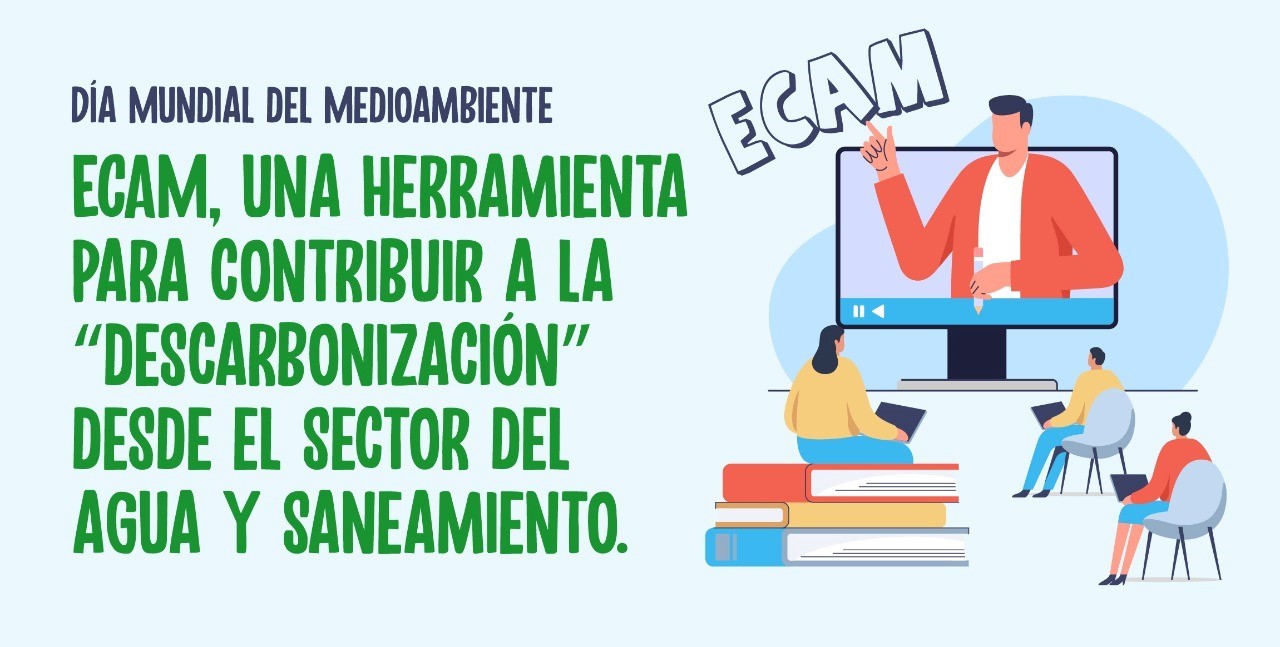Programe LAIF Regional
Addressing key challenges common to several countries in the region
Addressing key challenges common to several countries in the region
This is a European Union blending project managed by the Water Fund of particular relevance. It aims to achieve greater impact of the Fund’s programs and addresses challenges common to several regional countries, such as Adaptation to Climate Change (AAA) and Integrated Water Resources Management (IWRM). The funds have been used to develop studies and analyses, strengthen entities associated with the sector, train operators, and review sectoral policies and regulations, among others. Since its inception in 2013, it has enabled the development of innovative knowledge products and platforms, increased the institutional capacity of regional governments, and provided support in modernization and local strengthening. At the same time, it plays a vital role in supporting the pre-investment and post-investment processes necessary to carry out other projects and ensure their sustainability.
The program is developed through two components:

The LAIF Regional program is promoting the dissemination of the Carbon Emissions and Energy Performance Monitoring and Assessment (ECAM) tool through training workshops.
It is a regional program through which cross-cutting aspects are analyzed for possible implementation in different countries. In addition, it contributes actions in specific countries, such as Brazil (Ipojuca Basin), Paraguay (Ypacarai Basin and Patiño and Guarani aquifers), Guatemala (Guatemala City), Honduras, El Salvador, Ecuador (Quito), Nicaragua (Managua), Uruguay (Rio de la Plata) and Bolivia (La Paz and El Alto). So far, Paraguay has received 14% of the program’s funds, followed by Bolivia, which has received 5%. The remainder has been allocated to other countries or regional interventions.
In total, as of December 2022, the program has approved 29 operations for a total amount of 12,069,652 euro. Of these, 24 have been completed, and five are still in progress.
Throughout 2022, numerous actions have been carried out, including progress on the Pilcomayo River Basin Master Plan; the definition of a roadmap to improve hydroclimatic services through two pilot projects in Panama and Costa Rica; the development of guidelines to promote sewerage connectivity; the implementation of different tools (for the supervision of rural projects; for the design of sewerage systems or to identify measures to reduce gas emissions -the ECAM tool-), and the conceptualization of a methodology to strengthen small water operators, among others.
By 2023, work will be carried out on the five operations currently underway, which are as follows: